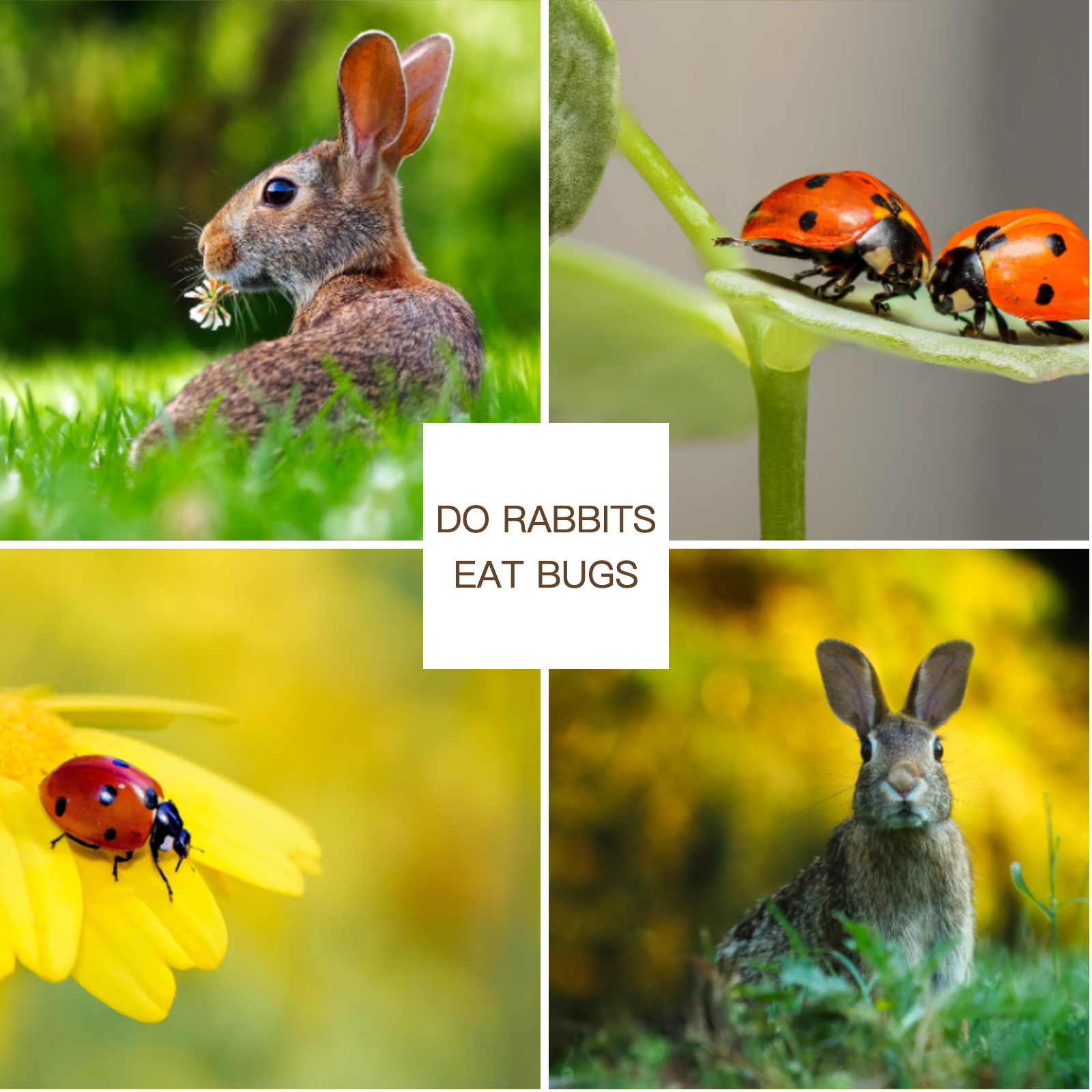Explanation of Rabbit Diet
When it comes to the diet of rabbits, they are primarily herbivores, meaning that the bulk of their nutrition comes from plant-based sources. Rabbits have a unique digestive system that requires a high-fiber diet to maintain their health and well-being.

- Rabbits typically consume hay as the main component of their diet, such as Timothy hay, which provides essential fiber and helps with dental wear.
- Leafy greens like kale, collard greens, and romaine lettuce are also crucial for rabbits as they offer essential vitamins and minerals.
- Commercial rabbit pellets are commonly fed to provide additional nutrients, but they should not be the main food source.
- Occasional treats like fruits (in moderation) can be given but should not make up a significant portion of their diet.
It is important to note that rabbits should avoid high-sugar, high-carbohydrate, and fatty foods as they can lead to digestive issues and obesity. Providing a balanced diet with the right mix of hay, vegetables, and pellets is essential for maintaining a rabbit's health and longevity. Understanding the nutritional needs of rabbits is crucial for their overall well-being.
Typical Foods Rabbits Consume
Rabbits are herbivores, predominantly consuming grass, hay, fruits, and vegetables. These fibrous foods are essential for their digestive health and dental wear. Hay should make up the majority of a rabbit's diet, providing necessary fiber for gastrointestinal function and preventing dental issues.

- Vegetables: Leafy greens such as kale, romaine lettuce, and parsley are rich in nutrients and should be offered daily in small portions.
- Fruits: Limited servings of fruits like apples, bananas, and berries can be a tasty treat but should be fed sparingly due to their sugar content.
- Pellets: Commercial rabbit pellets provide essential vitamins and minerals, but should only constitute a small portion of their diet to avoid obesity.
It is crucial to introduce new foods gradually to prevent digestive upset and monitor your rabbit's weight and overall health. Fresh, clean water should always be accessible to keep rabbits hydrated. Additionally, avoid feeding foods high in carbohydrates, dairy, seeds, or nuts, as these can cause digestive issues and lead to obesity in rabbits.
Precautions for Feeding Bugs to Rabbits
Precautions for Feeding Bugs to Rabbits:
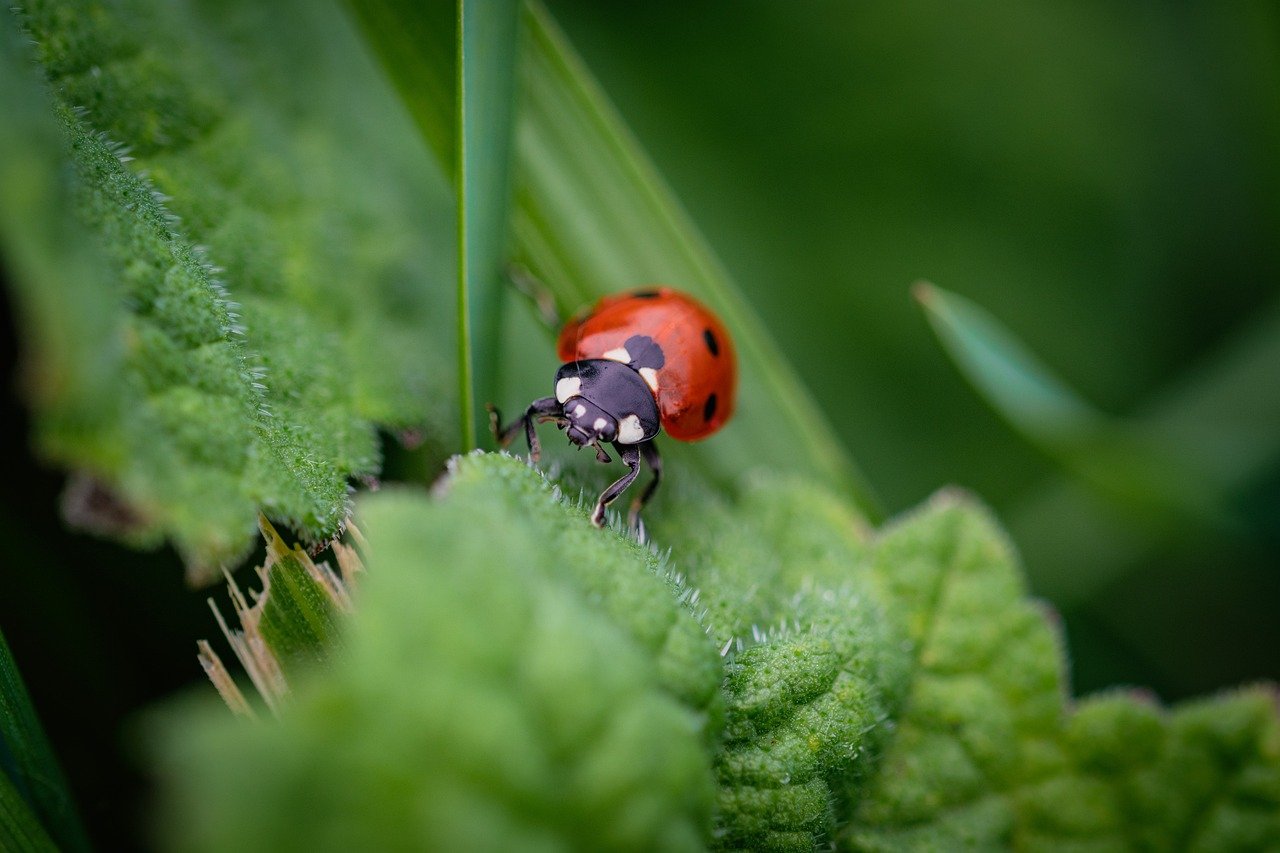
- Consult a Veterinarian: Before introducing bugs into your rabbit's diet, it is crucial to consult with a veterinarian knowledgeable about rabbit nutrition to ensure the safety and suitability of the insects.
- Ensure Bug Safety: Only offer bugs that have not been exposed to pesticides or chemicals, as these substances can be harmful to rabbits. Opt for organic or specially bred insects intended for pet consumption.
- Limit Quantity and Frequency: Bugs should be treated as occasional treats in a rabbit's diet rather than a primary food source. Limit the quantity and frequency of bug offerings to prevent digestive issues or nutritional imbalances.
- Observe Behavioral Changes: Monitor your rabbit's behavior and health closely after feeding bugs. Look out for any signs of allergic reactions, digestive upset, or changes in appetite, and discontinue bug feeding if negative effects are observed.
Feeding bugs to rabbits can provide enrichment and additional protein in their diet, but it is essential to approach this practice with caution and follow these precautions to ensure the well-being of your pet.
Occasional Inclusion of Bugs in a Rabbit's Diet
Precautions for Feeding Bugs to Rabbits:
-
Consult a veterinarian before introducing bugs into your rabbit's diet.
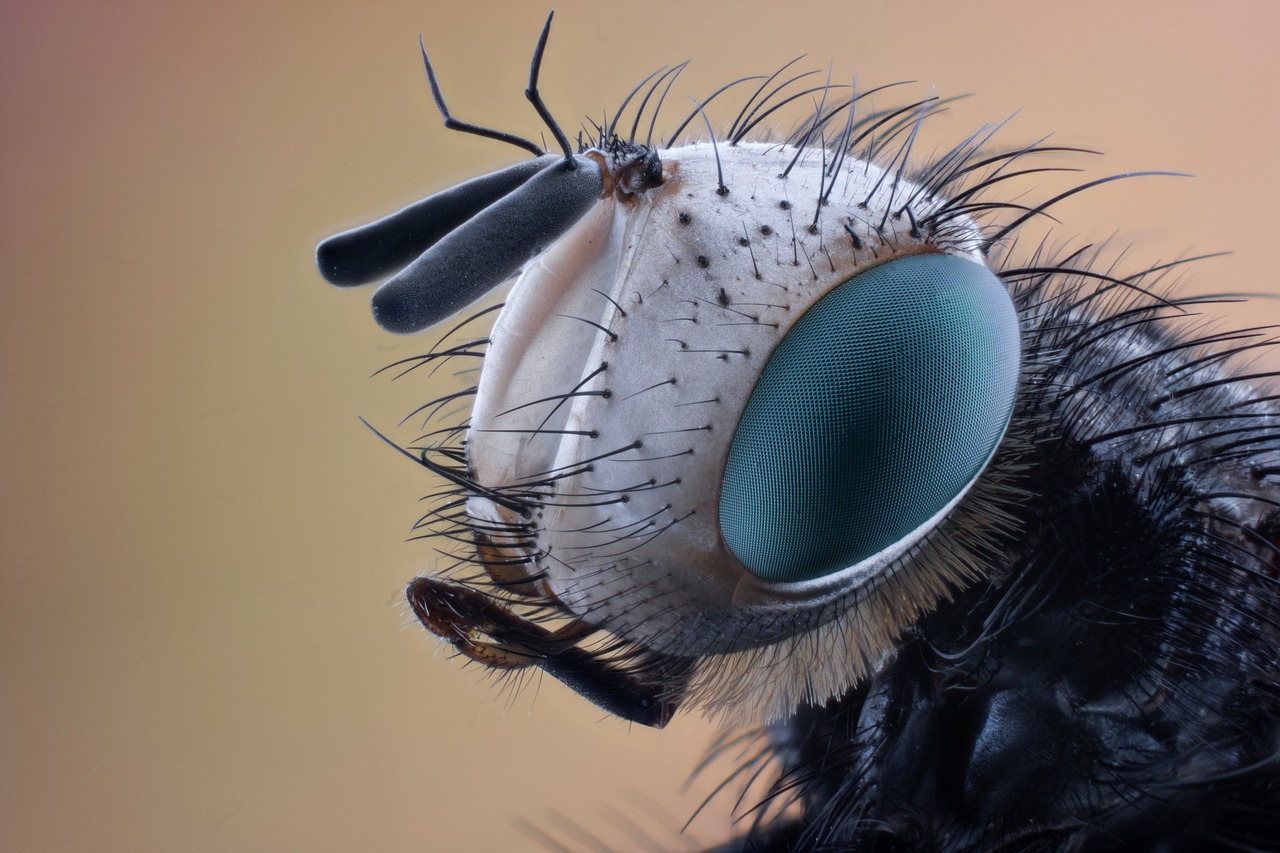
-
Avoid offering bugs that may have been exposed to pesticides or other harmful chemicals.
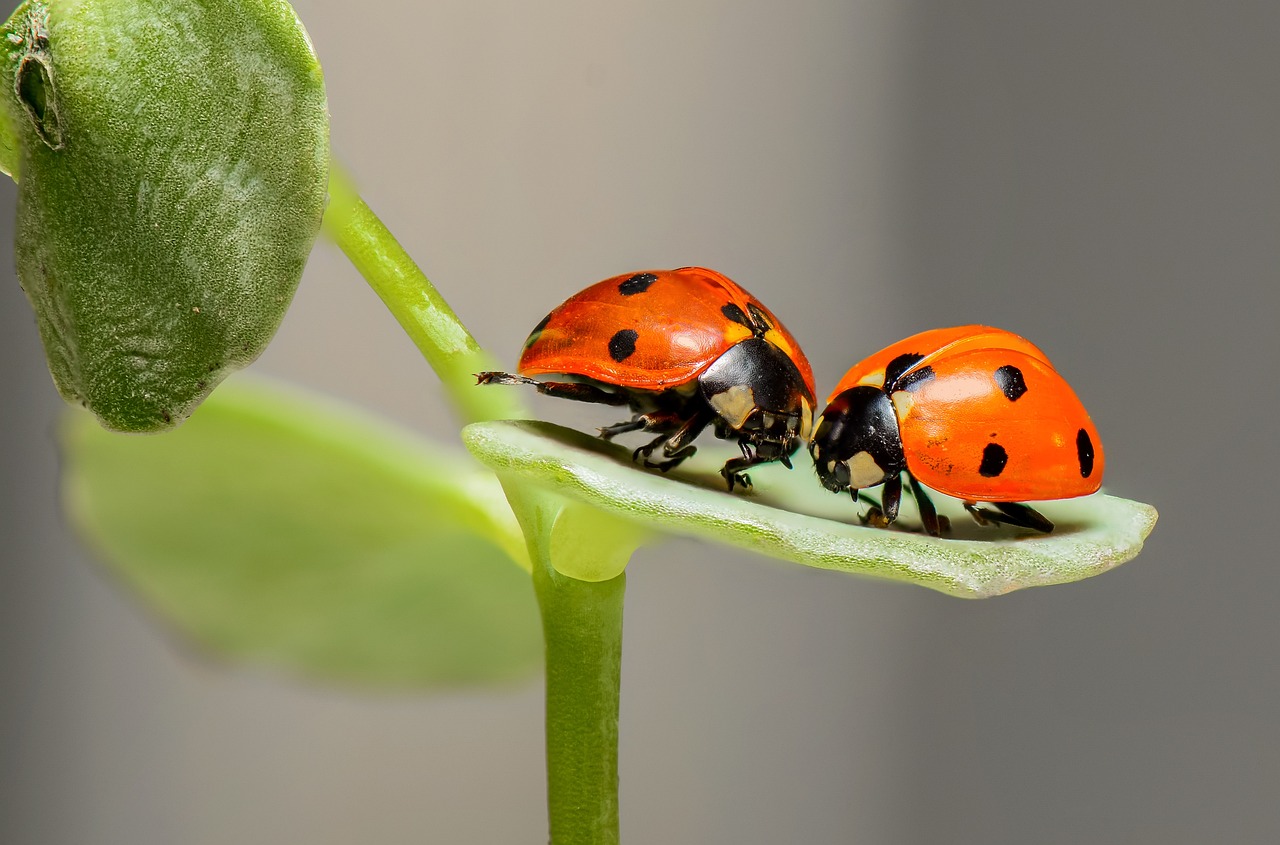
-
Monitor your rabbit for any adverse reactions after consuming bugs.
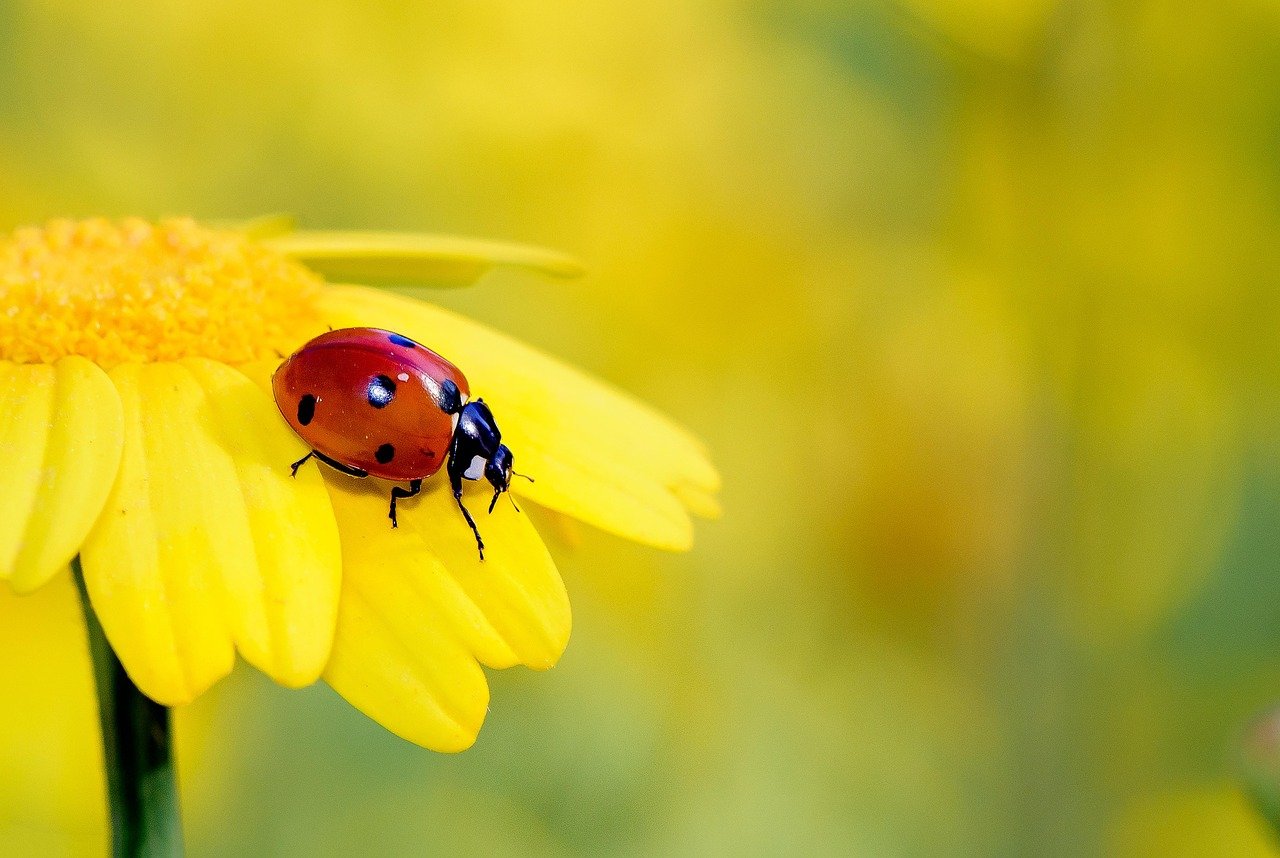
-
Introduce bugs gradually and in small quantities to assess your rabbit's tolerance.
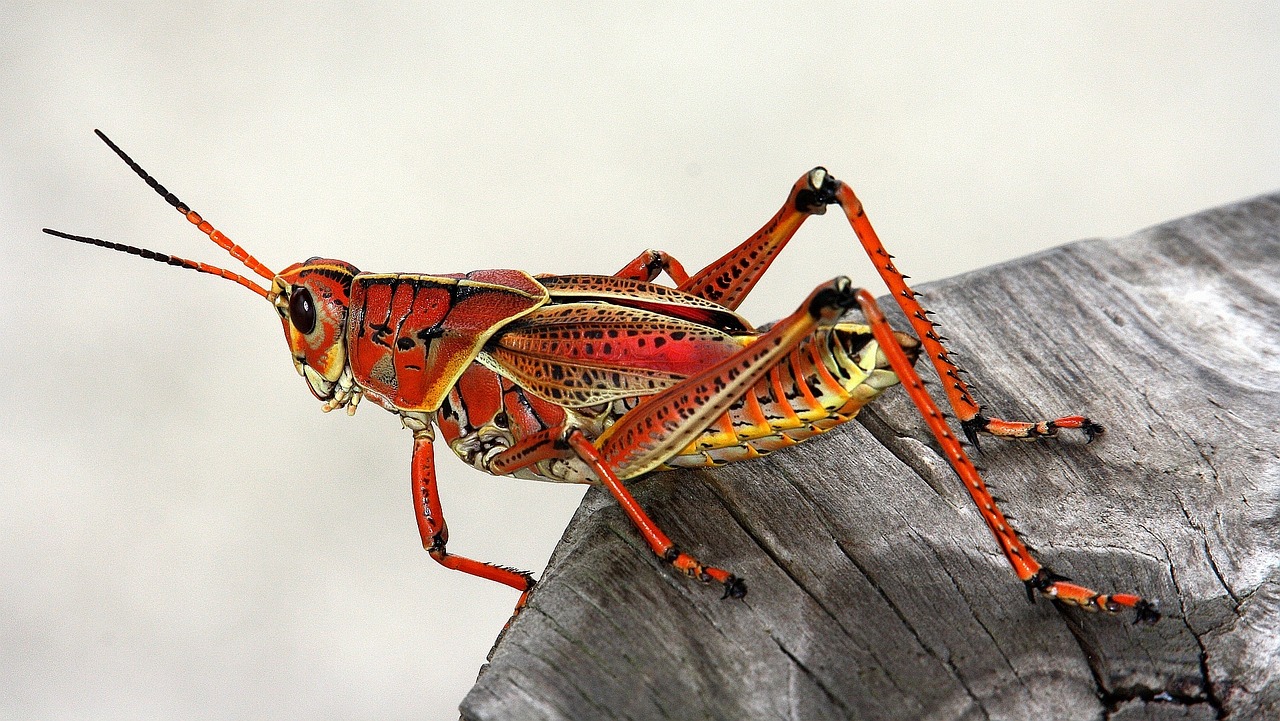
While some rabbits may enjoy the occasional bug as part of their diet, it is essential to take precautions to ensure their safety and well-being. Consultation with a veterinarian is crucial to determine if bugs are suitable for your rabbit and to receive guidance on appropriate species to feed. Avoid feeding wild-caught bugs, as they may carry parasites or diseases harmful to your pet. Choose bugs from reputable sources or consider commercially available insect treats specifically designed for small animals.
Health Implications of Bugs in a Rabbit's Diet
Health Implications of Bugs in a Rabbit's Diet:
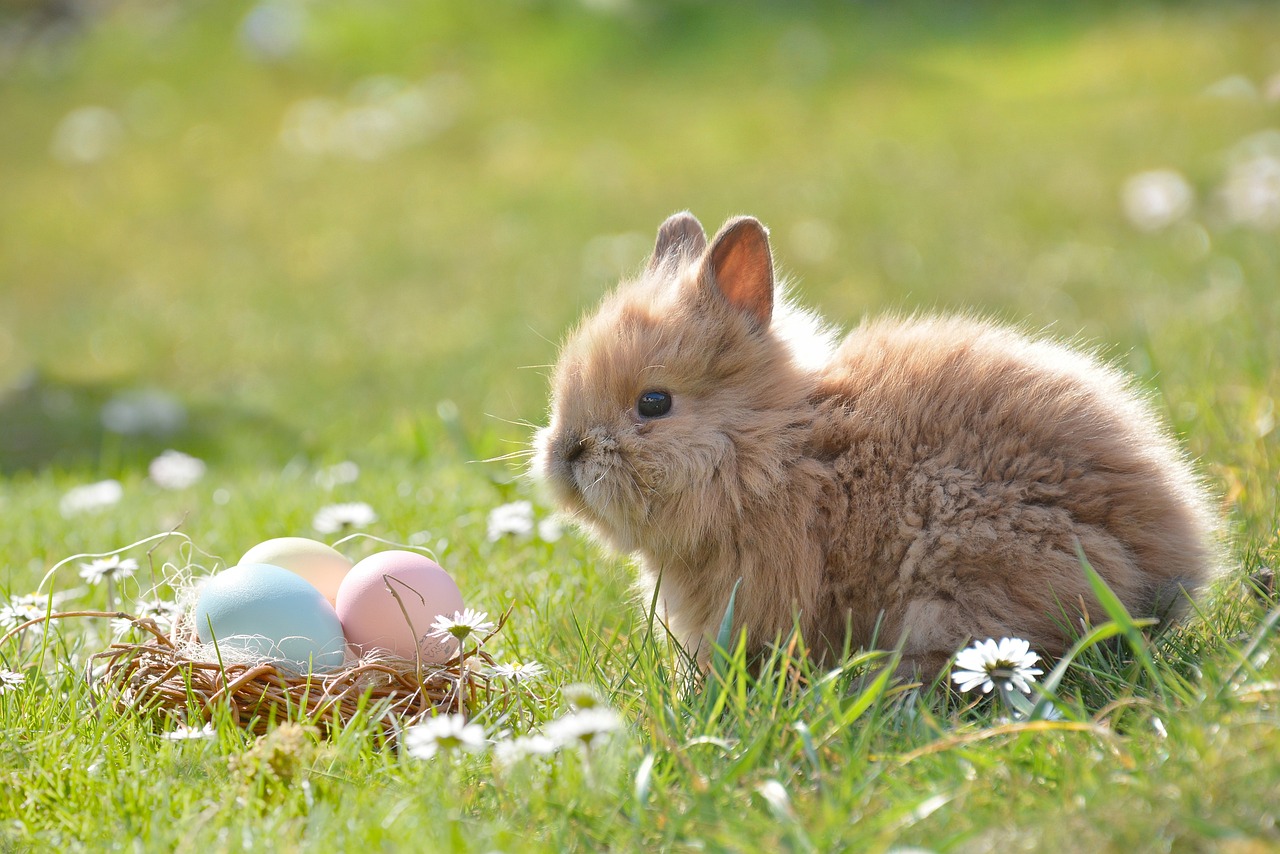
- Bugs are not typically a part of a rabbit's natural diet in the wild.
- Feeding bugs to domestic rabbits can pose health risks due to potential pesticides or toxins present on the insects.
- Insects may also carry parasites that can lead to digestive issues or infections in rabbits.
- Consumption of bugs by rabbits may result in allergic reactions or gastrointestinal disturbances.
- Rabbits have sensitive digestive systems, and introducing unfamiliar foods like bugs can disrupt their gut flora and lead to gastrointestinal problems.
- If one decides to incorporate bugs into their rabbit's diet, it is crucial to ensure the insects are safe, free of chemicals, and offered in moderation to prevent any adverse health effects.
- Consulting a veterinarian before introducing bugs or any new food items to a rabbit's diet is recommended to ensure the pet's well-being.
Alternative Protein Sources for Rabbits
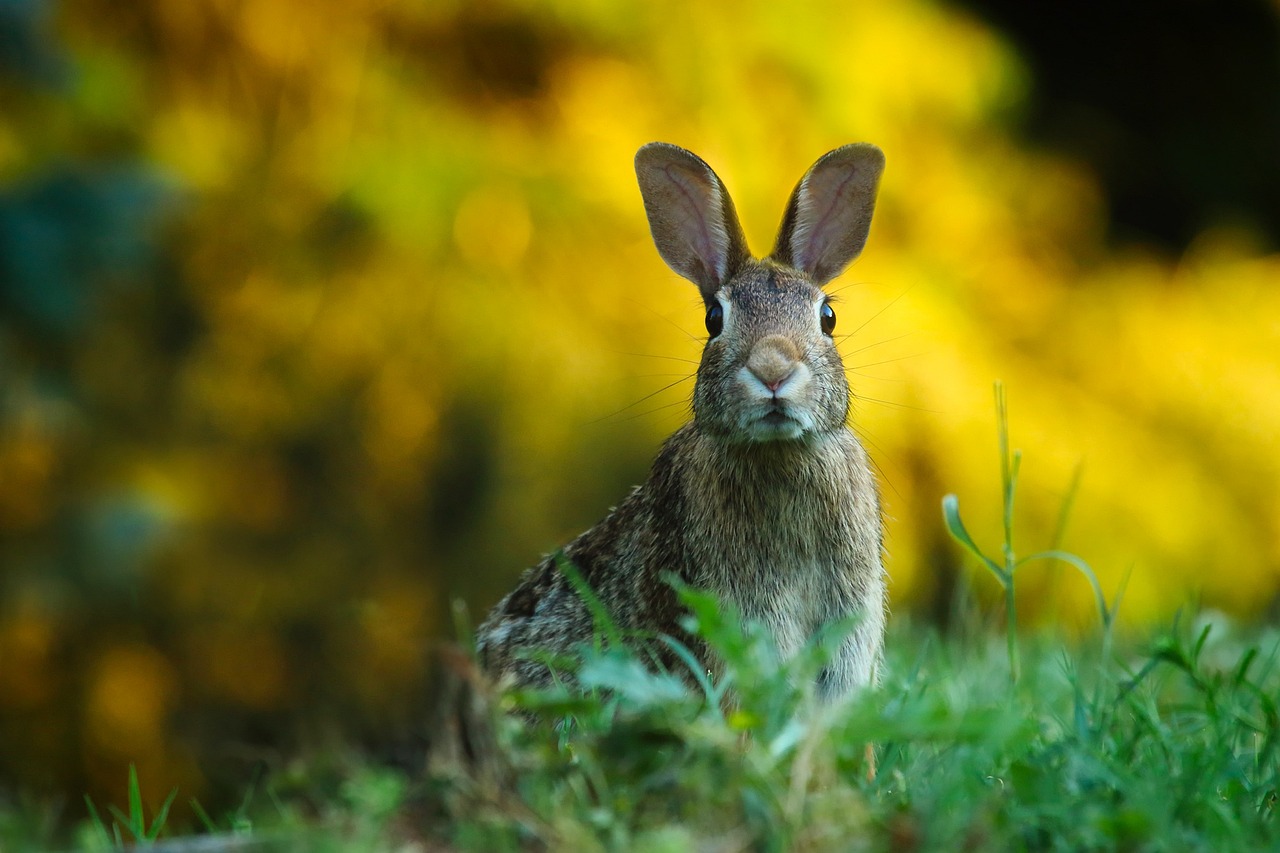
- Rabbits are herbivores by nature and have specific dietary requirements to maintain their health and well-being.
- Hay: The primary component of a rabbit's diet should be hay, such as timothy, orchard grass, or oat hay, which provides essential fiber for digestive health.
- Fresh Vegetables: Offering a variety of fresh vegetables like leafy greens (e.g., kale, romaine lettuce), carrots, bell peppers, and cucumbers can supplement a rabbit's diet with essential vitamins and minerals.
- Commercial Pellets: High-quality rabbit pellets can also be included in their diet to ensure they receive necessary nutrients like protein and fiber.
- Herbs: Certain herbs such as parsley, cilantro, and mint can provide additional flavor and nutrients to a rabbit's diet.
- Fruits: While fruits should only be given as occasional treats due to their high sugar content, small amounts of fruits like apples or berries can offer a tasty reward.
- Protein Sources: It's essential to provide alternative protein sources for rabbits, such as legumes, lentils, or small amounts of cooked meats like chicken, to help meet their dietary needs.

